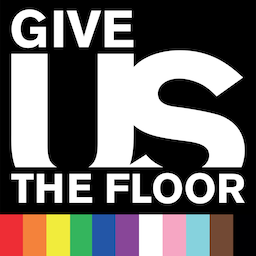Here, we can dare to share what is TRUE to us!
3 group focuses
But every group discusses every aspect of life, including accomplishments.
LGBTQIA+
- Gender Identity
- Sexual Orientation
- Stigma
- Loneliness / Isolation
- Sexuality
- Acceptance
- Navigating Coming Out
- Discrimination
- and everything that LGBTQIA+ folks may struggle with
MENTAL HEALTH
- Anxiety
- Depression
- Social Anxiety
- Loneliness / Isolation
- Neurodiversity
- Mental Disorders
- Stigma
- Discrimination
- and anything else young people who are dealing with mental health difficulties may struggle with
TRANS AND NONBINARY
- Gender Euphoria/Dysphoria
- Questioning Gender Identity
- Trans Health Needs
- Transition
- Choosing a New Name
- Sexuality
- Pronoun Experimentation and Play
- Self-Acceptance
- Navigating Coming Out
- and anything else Trans and Nonbinary youth may struggle with
If you are going through a tough time, don't wait to ask for help, a lot of great organizations are here to help you, we've listed a selection in hotlines & resources
Questions, hesitations? Don't be shy, connect with us info@giveusthefloor.org
Most Popular YouTube videos
Watch more videos on our YouTube channel. Be sure to subscribe so you don’t miss anything!
Are you an adult? Subscribe to our newsletter for parents and adults HERE
Do you have questions, or would you like to help Give Us The Floor? Please reach out to us by emailing info@giveusthefloor.org


